Best Hyssop Companion Plants That Will
Best Hyssop Companion Plants That Will Boost Your Garden
Hyssop is a versatile herb that can be used in a variety of ways, from cooking to medicinal applications. It's also a great companion plant for other herbs and vegetables. In this blog post, we'll discuss some of the best hyssop companion plants and why they're a good choice for your garden.
What is Hyssop?
Hyssop (Hyssopus officinalis) is a member of the mint family. It's a tall, shrubby herb with blue, purple, or white flowers. Hyssop has a strong, minty aroma and flavor. It's been used for centuries for its medicinal properties, including as an expectorant, cough suppressant, and antiseptic.
Why Use Companion Planting?
Companion planting is a gardening technique that involves planting certain plants together to benefit each other. Some plants can help to repel pests, attract beneficial insects, or improve the overall health of the plants around them.
Hyssop Companion Plants
There are many different plants that can be companion plants for hyssop. Some of the best include:
- Cabbage: Hyssop can help to repel cabbage moths and other pests that can damage cabbage plants.
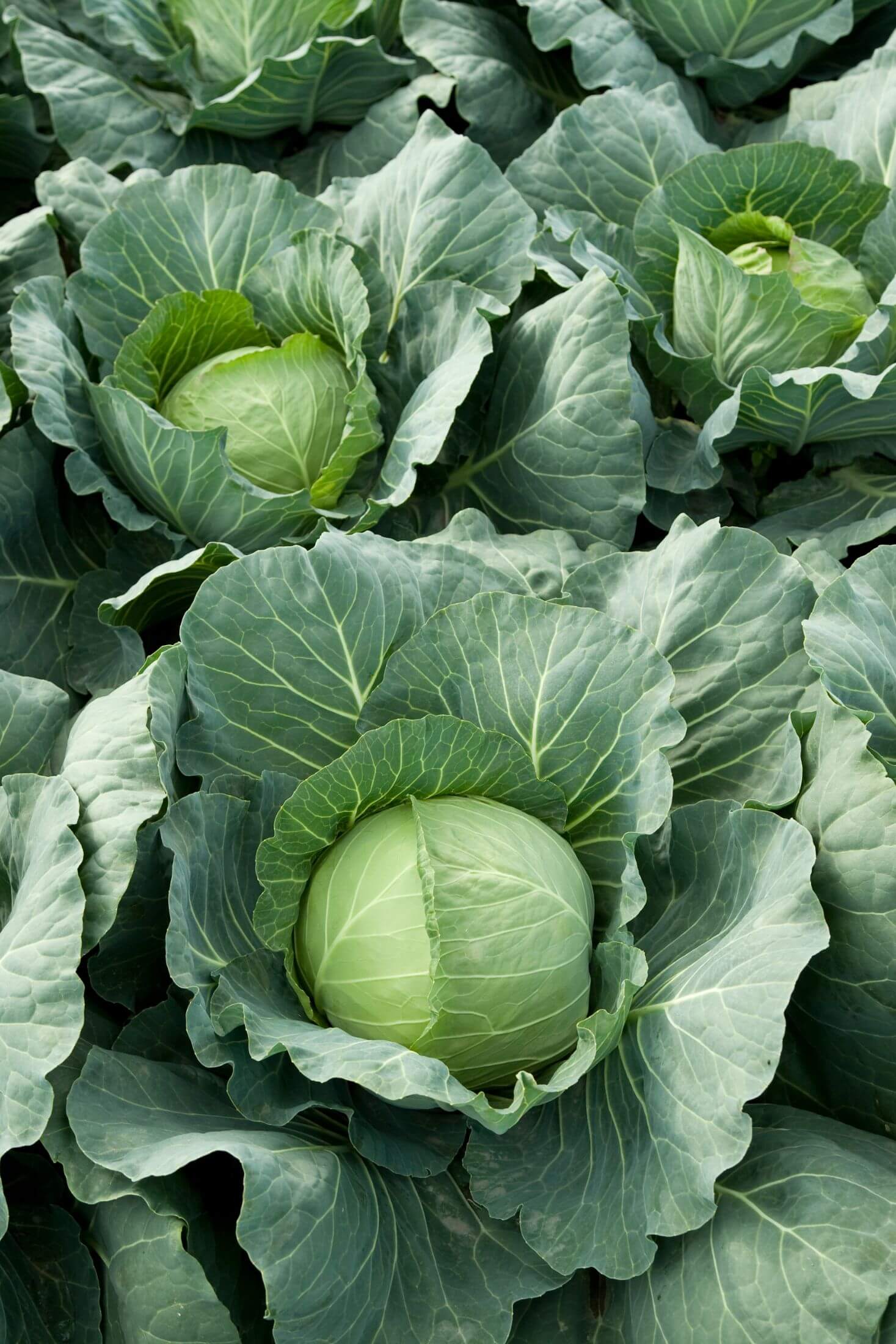
- Carrots: Hyssop can help to improve the flavor of carrots.

- Grape vines: Hyssop can help to increase the yield of grape vines.
- Lavender: Lavender and hyssop both have strong scents that can help to repel pests.
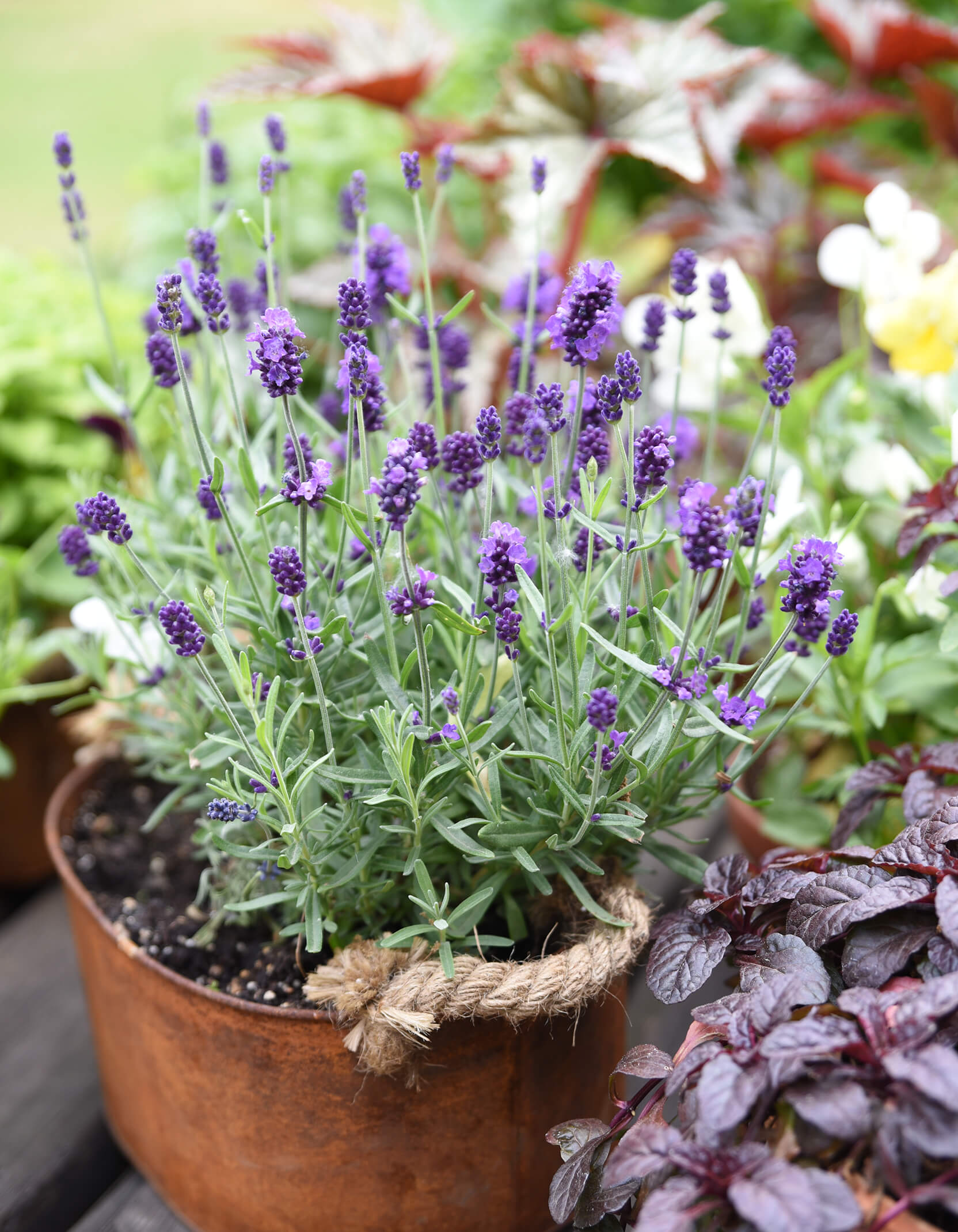
- Marigolds: Marigolds can help to repel nematodes, which can damage hyssop plants.

- Rosemary: Rosemary and hyssop both have strong scents that can help to repel pests.

- Sage: Sage and hyssop both have strong scents that can help to repel pests.

- Tomatoes: Hyssop can help to improve the flavor of tomatoes.
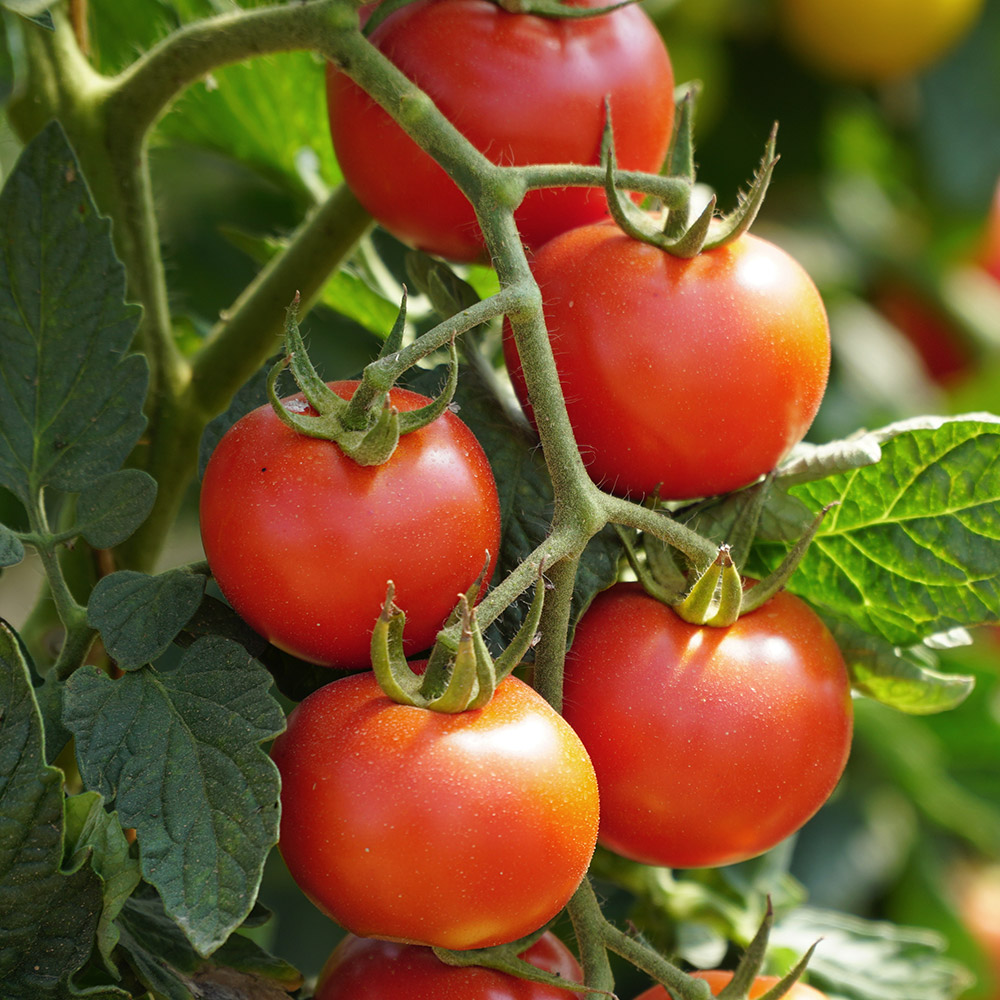
How to Plant Hyssop with Companion Plants
When planting hyssop with companion plants, it's important to consider the size and growth habit of each plant. Hyssop can grow quite tall, so it's best to plant it in the back of a garden bed or border. Companion plants that are smaller or have a more compact growth habit can be planted in front of hyssop.
It's also important to consider the sunlight and water requirements of each plant. Hyssop prefers full sun and well-drained soil. Make sure that the companion plants you choose have similar sunlight and water requirements.
Conclusion
Hyssop is a great companion plant for a variety of other herbs and vegetables. It can help to repel pests, improve the flavor of other plants, and even increase the yield of some crops. If you're looking for a way to boost your garden, consider adding hyssop and some of its companion plants to your planting plan.
Hyssop is a versatile herb that can be used in a variety of ways, from cooking to medicine. But did you know that it can also be a beneficial companion plant?
Hyssop is known to deter a number of pests, including cabbage moths, flea beetles, and aphids. It can also attract beneficial insects, such as bees and butterflies. This makes it a great choice for companion planting with cabbage, broccoli, cauliflower, and other vegetables that are susceptible to pests.
In addition to its pest-repelling properties, hyssop can also improve the growth and flavor of other plants. It is said to increase the yield of grapes and tomatoes, and it can also help to repel slugs and snails.
If you are looking for a way to add beauty and functionality to your garden, hyssop is a great option. It is a hardy plant that can tolerate a variety of conditions, and it is relatively easy to grow.
To learn more about hyssop companion planting, visit Gardenia Inspiration. This website provides a comprehensive guide to companion planting, including information on which plants are compatible with hyssop.
Image of hyssop companion plants
Here are 5 different images of hyssop companion plants from Pinterest:
- Hyssop and lavender: These two herbs are both known for their insect-repelling properties, so they make great companions for each other. They also have similar growing requirements, so they can be planted together without any problems.
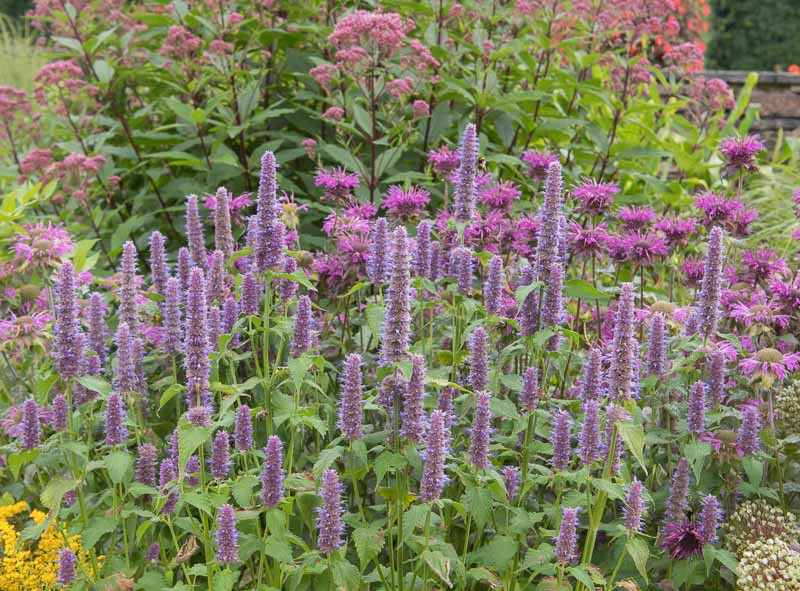
- Hyssop and tomatoes: Hyssop can help to deter tomato hornworms and other pests from tomatoes. It can also improve the flavor of tomatoes.

- Hyssop and cabbage: Hyssop can help to repel cabbage moths and other pests from cabbage. It can also improve the flavor of cabbage.

- Hyssop and roses: Hyssop can help to deter aphids and other pests from roses. It can also improve the fragrance of roses.
- Hyssop and beans: Hyssop can help to attract beneficial insects to beans, such as ladybugs and lacewings. It can also help to improve the nitrogen content of the soil around beans.
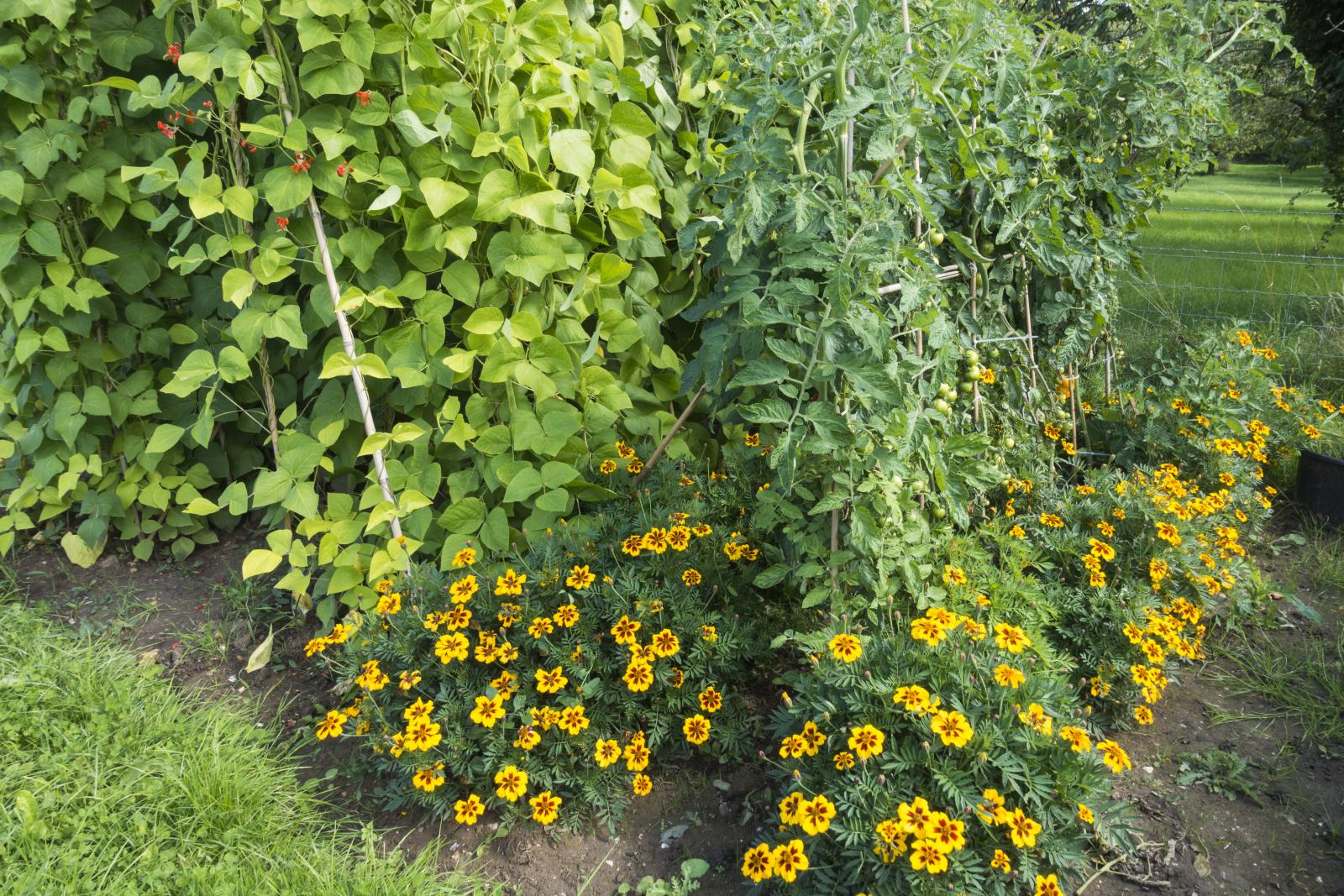
Post a Comment for " Best Hyssop Companion Plants That Will"